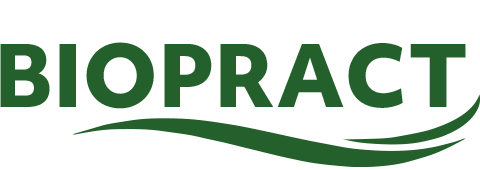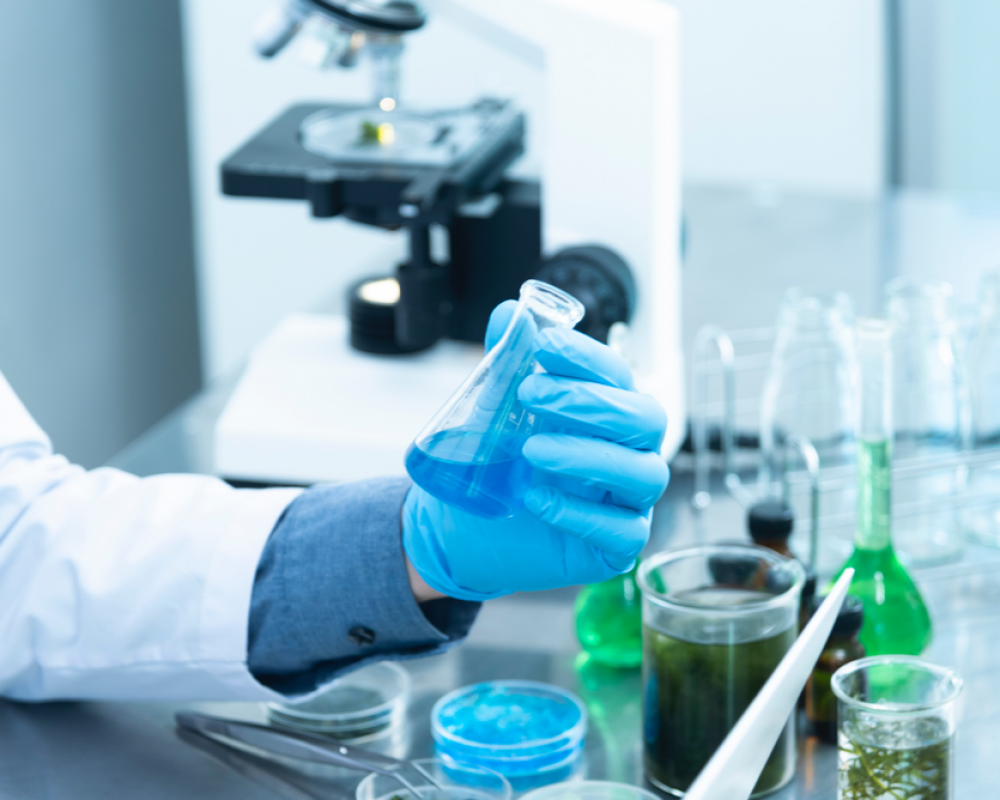
Increasing performance of biogas outputs with enzyme additives
Anaerobic digestion (AD) is a well-established technology that converts organic feedstocks to biogas – a source of renewable energy and digestate – a nutrient-rich biofertilizer. With nearly 700 operational AD plants across the UK, processing food waste, manures, sewage sludge and purpose-grown crops, the goal is to increase the performance and economic viability of the AD facilities.
Adding enzymes to enhance Anaerobic Digestion processes
Verdant Biotech is an exclusive supplier of next-generation enzymes for AD applications, developed and patented by Biopract ABT. The company has been working with several operators across the UK to improve biogas outputs. A recurring question from Verdant’s clients is whether enzyme addition enhances the AD process and if the supplementation can come with a return on investment.
To assist Verdant Biotech in advising their clients, the Biorenewables Development Centre (BDC) has conducted a series of lab trials to assess the performance of Biopract enzymes on biogas outputs. Using biochemical methane potential analysis (an anaerobic batch system that monitors gas production over a period), the BDC measured gas volumes for different feedstocks supplemented with a range of enzyme loadings and non-enzyme controls. Results of the study showed that the Biopract enzyme improved the biogas production volumes and increased methane concentration.
Hans Erik Gording, Director at Verdant Biotech explained: Currently, maize prices are at the highest levels ever seen. AD plant operators are seeking to reduce or minimize the use of this feedstock which is made possible by increasing the yield of existing substrate inputs with enzyme additives. This would allow plants to reduce maize consumption while still maintaining desired biogas output and especially if farmyard manure and cow slurries are part of the mix.
Chris Hunt, the BDC Technologist said: We have delivered these trials via our ERDF-funded support programme to Yorkshire SMEs. Consistently, the addition of enzyme performed better in terms of gas volumes in our bench scale AD assays compared to non-enzyme control and showed higher performance on different feedstocks including maize.
The company attended the ADBA World Biogas 2022 with support from the BDC and BioVale teams. The event proved to be an excellent platform for Verdant to present and discuss the results from the trials, showcase their products and network with prospective clients.
Hans Erik added: Our enzyme technology allows the AD plants to maintain biogas output by reducing feedstock consumption and securing a longer-lasting supply of feedstock. It opens possibilities to AD operators to use a higher proportion of cheaper substrates like animal manures and slurries which in the trials at BDC showed greatly improved biogas yields. As an SME, we benefitted from the BDC’s expertise and the ERDF funding for these projects. The support from the BDC team has been invaluable in raising the profile of Verdant Biotech and awareness of the innovative and highly effective enzymes developed by Biopract ABT.

Improving biogas production volumes and increased methane concentration
Introductions to new collaborations at ADBA World Biogas 2022
Notes to editor:
This project has received funding from the England European Regional Development Fund as part of the European Structural and Investment Funds Growth Programme 2014-2020
The York, North Yorkshire and East Riding (YNYER) LEP awarded a grant of £1M to the BDC as part of the Local Growth Fund (LGF) support which funded the equipment used to carry out this project.
